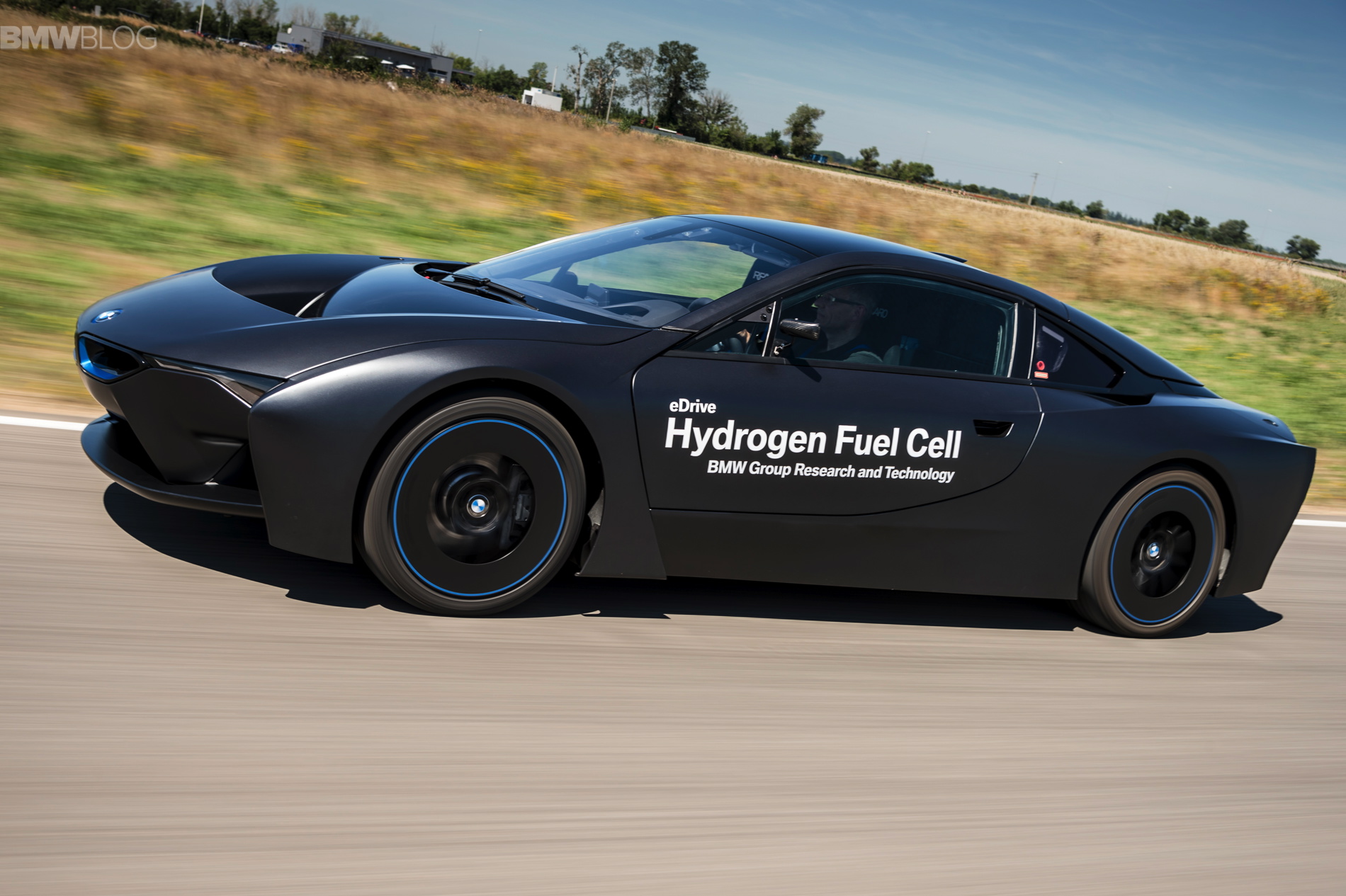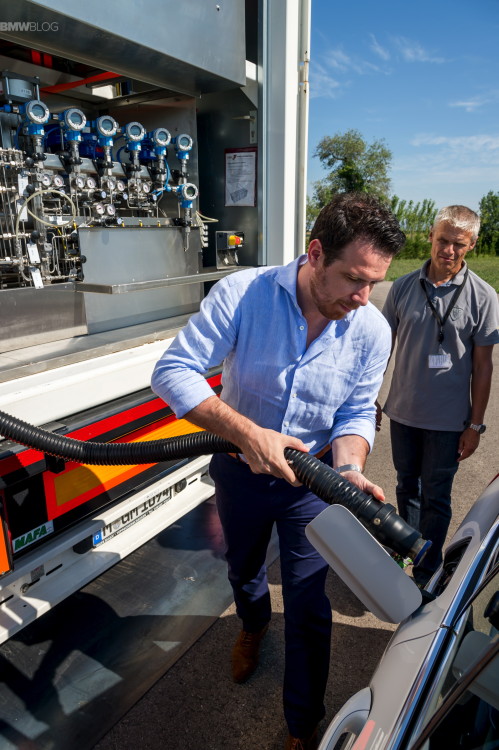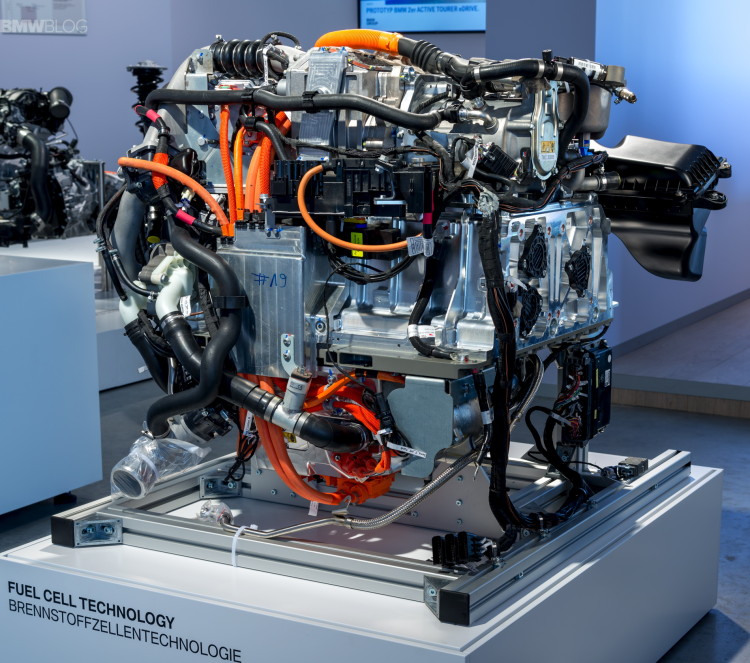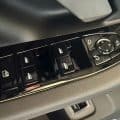In his talk at the 26th Aachen Colloquium Automobile and Engine Technology, Klaus Fröhlich, Member of the Board of Management at BMW AG, Development, reinforced the brand’s commitment for zero-emission mobility through the use of hydrogen fuel-cells.
“BMW will enter the fuel cell market early in the next decade, starting with very small production runs,” Fröhlich said. “However, until 2025 at least costs will remain too high and the hydrogen infrastructure too sparse to allow broad-based market penetration. By the time the fundamentals are in place, the BMW Group will also have marketable products ready that are attractive to customers.”
As the BMW boss outlines, the key benefit for customers of fuel-cell drive systems is their short refueling time – which is similar to that offered by vehicles with conventional combustion engines. What is lacking here, though, is the requisite hydrogen infrastructure and production set-up, and cross-sector partnerships have been launched to accelerate the process of establishing such an ecosystem.
Large-scale manufacture of hydrogen fuel-cell technology will become viable in the course of the next ten years, says the BMW R&D boss.
Brands like Toyota and its Toyota Mirai model have already made significant progress in this field. BMW is also going strong with their fuel cell technology, thanks to an agreement signed with Toyota in 2013. Just last summer BMW invited us to France at their secret facility in Miramas to sample the first iteration of a 5 Series GT prototype equipped with the hydrogen fuel cell technology.
The vehicle is based on a regular BMW 5 Series Gran Turismo and uses a 245hp electric motor and high-voltage battery, similar to the ones used in BMW’s eDrive and i Division plug-in hybrids. A tunnel tank, used to store hydrogen, is mounted in between the two axles.
READ ALSO: BMW 5 Series GT Hydrogen Fuel-Cell – First Drive
While the Toyota Mirai can travel around 435 miles (700 kilometers) on a single hydrogen fueling, BMW said it was developing a vehicle which would travel further, using compressed hydrogen. Some of the main benefits for this FCEV hydrogen fuel cell technology are the size and range.







































































